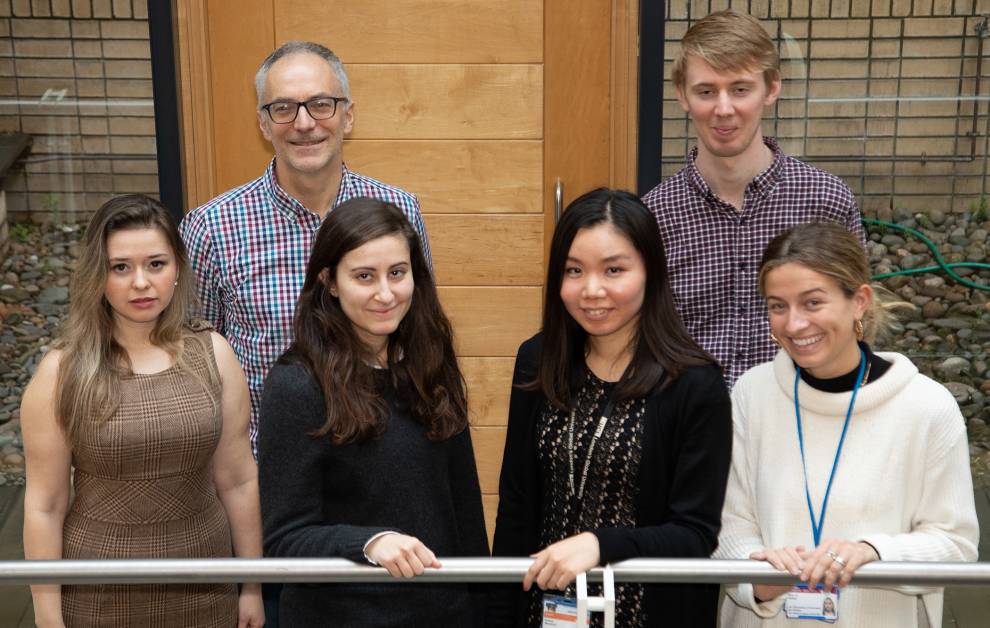
MOLECULAR THERAPIES FOR GENETIC DISEASES DELIVERED BY NANOPARTICLES
Our aim is to develop innovative gene-based treatments for monogenic diseases based mainly on therapeutic RNA strategies such as siRNA, messenger RNA and gene editing. Our focus is on improving nucleic acid delivery methods with novel nanoparticle formulations, developing human cell culture models for therapeutic evaluation and evaluating therapies in vivo.
Grants:
- Cystic Fibrosis Trust. Strategic Research Centre (SRC 006) (PI) “Personalised Engineered Cell Therapies for Cystic Fibrosis” Oct 2016 – Oct 2019
This multicentre grant brings together experts in gene editing, gene delivery, stem cell biology and cystic fibrosis epithelial biology to develop gene editing therapies for cystic fibrosis. The work in my group involves developing optimal methods for delivery of CRISPR/Cas9 formulations, developing air-liquid interface models of the CF epithelium for identifying biological readouts and testing therapies, and novel strategies of gene editing for CF. https://www.action.org.uk/our-research/cystic-fibrosis-developing-new-type-gene-therapy - Newlife Foundation (15-16/07) (PI) “Towards gene therapy for primary ciliary dyskinesia” August 2016 – August 2018
The project grant is focused on developing gene therapies for primary ciliary dyskinesia (PCD). The challenge in developing therapies for PCD include the complex genetics where more than 30 genes are known to be involved. Our approach is to develop a gene editing to correcting the DNAH5 gene, a very large gene and the most commonly mutated PCD gene, and messenger RNA (mRNA) delivery for protein replacement therapy for less common mutations in smaller genes. Therapies will be evaluated in air-liquid interface cultures - Cystic Fibrosis Foundation (HART15XX0) (PI) “Targeted nanocomplexes for delivery of nucleic acids to the lung epithelium.” February 2016 - September 2018.
We have developed targeted nanoparticle formulations comprising mixtures of cationic targeting peptides for nucleic acid packaging and receptor mediated uptake, and lipids for altering nanoparticle surface properties and endosomal membrane trafficking. These compositions are being optimized for targeted transfection of epithelial cells in air-liquid interface models and in murine lung. We are also investigating nanoparticle interactions with mucus and fluids lining the airways as they are major barriers to transfecting the epithelium.
 Close
Close


